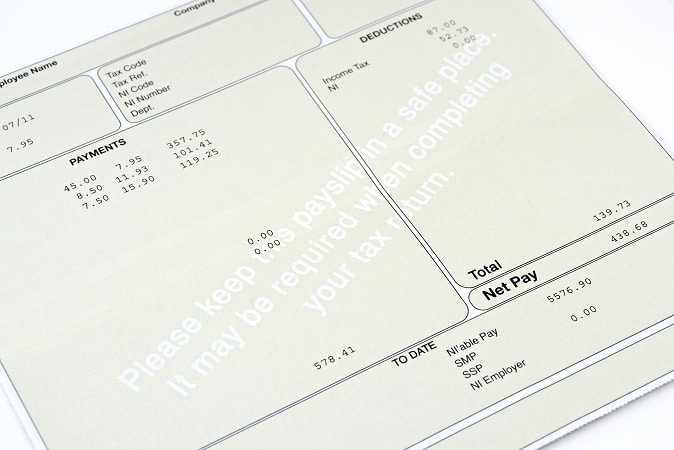
The right ways to renegotiate for a better salary
You don’t have to accept a job offer with a salary lower than what you expected. In a situation where you believe the offer is not good enough, what you should do is to open a conversation with your potential employer on why you should be paid more than they are currently willing to pay you.
Here’s a scenario – You are offered N100,000 less than you feel you deserve for a job. Instead of jumping at the offer because you are worried that good jobs are hard to come by, renegotiate your offer with the goal of meeting the company in the middle.
The question then becomes – How do you achieve this without losing out on the job offer? How do you renegotiate an offer without looking greedy and over ambitious? For instance, in a situation where you are in a different town from where the company making the offer is situated, then this forms a good premise on which to ask for consideration.
However, this is not the only way to renegotiate an offer as you are about to find out.
You need to be realistic
It’s important to keep your expectations realistic. Before you raise the subject of renegotiating an offer, you should have a realistic salary range of your role in mind. This will help you find out where you belong on the company’s compensation scale. For instance, if the role you are getting hired for is the role of a Campaign Manager and you find out that the industry standard for a campaign manager is N200,000 for a university graduate, this gives you a standard to negotiate with.If the company is offering you N125,000 for the same role despite the fact that you have 3 years of working experience, then it becomes clear to you that offer is on the low end. This puts you in a good position to call for an upward review of your salary.
Don’t make it personal
No matter how tempted you get to talking about personal reasons why you need to have an upward review of your salary, please don’t do it. During a renegotiation, you need to focus on how to get compensated with what you believe you deserve as an employee and not about how you need to extra cash to put your brother through school or how you need a 50% increase from what was previously offered to be able to replace your problematic car with a used Toyota from Cheki.
Don’t be overly aggressive or demanding
You should always remember that a salary renegotiation is a conversation between two parties. It is expected that even before the dialogue is initiated, you already have a preferred outcome in your mind. What you should go for is not the outcome that you have preferred. Instead, you should work towards a point in the renegotiation where both parties can reach an agreement on a figure that works for both sides.
Making an aggressive request or being extremely rigid in your renegotiation will not particularly work in your favour. Rather, what you would succeed in doing is putting the company on a defensive and from that point, acceding to your request would prove difficult. You might even lose out on the job offer.
Slot in the benefits
Of course, the crux of the renegotiation is the salary but don’t forget that this is an opportunity to also revisit the perks and benefits that come with the job. If you are keen on things like flexible working hours, working remotely some days, more vacation time and other perks, now would be a very good time to raise these as alternatives. These benefits could form a perfect meeting ground in a case where the employer is not able to measure up to your salary expectations.
Define a ‘walk away’ limit
Before you delve into the heart of the renegotiation process, you should define a point where you consider your ‘walk-away’ point. This is the point where the offer from the company is so low that you have to let the offer go by walking away. It is up to you to decide what your walk-away’ point is. It could be based on your financial need, the current economic situation, or what you feel is your market value. The essential thing is to have that point where you have no problem walking away from the offer.
Don’t dwell on the past
There are cases during a salary renegotiation where the company requests to know what you currently earn (if you are working) or how much you earned monthly at your last job. This can be a very tricky question to respond to. The tricky nature of the question gets worse in a situation where you are either underpaid at your current job or looking to earn much more from the company’s offer. Please note that telling a lie is never a good idea as it could always come back to haunt you.
Be honest about your salary if asked during a renegotiation. Tell the company what you really earn (including benefits, bonuses, and other perks) and be quick to add details about your new skills and market value.
If you want to have a renegotiation of your offer with an outcome closer to your expectations than that of your employers, you need to be prepared. You need to know your worth and value. You should be armed with information that will put you in a strong position to renegotiate and stay confident.













